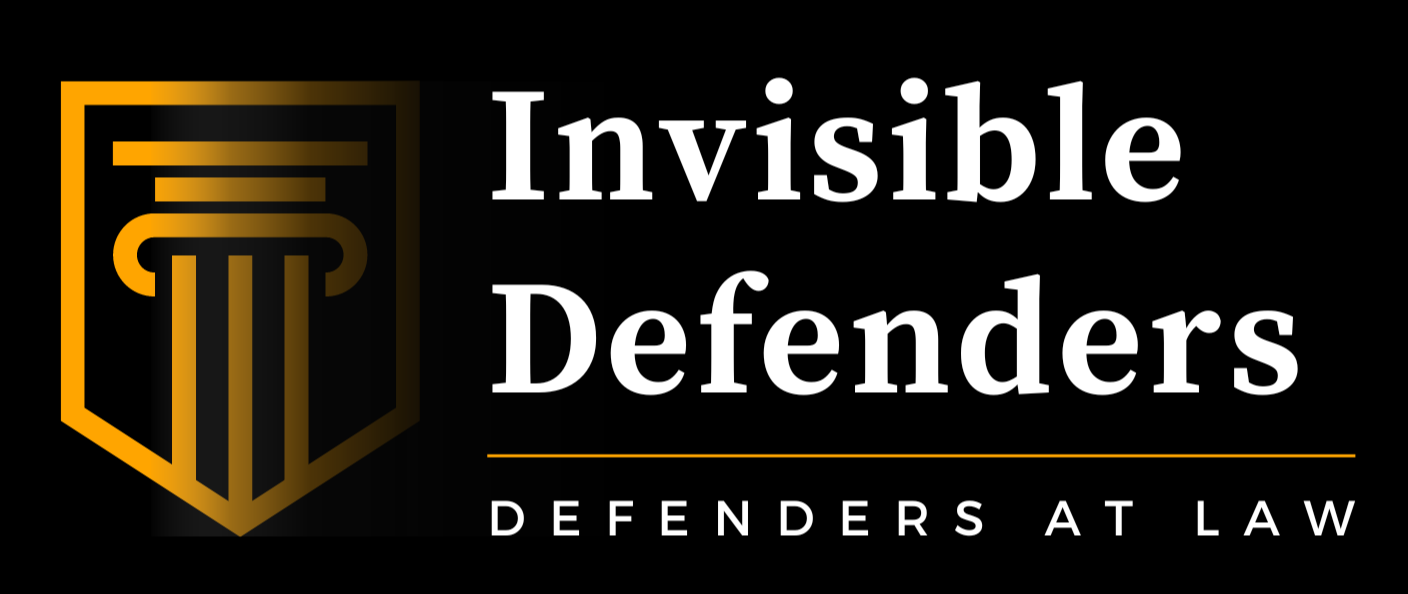
It is not uncommon for people to get hurt while on the job. Whether it’s a slip and fall, a construction accident, or getting hit while running an errand, accidents can happen to anyone. As with any injury, there are both legal and personal considerations that need to be taken into account. Here are a few tips to reduce the number of times you need to go to court over a workplace accident.
What is Personal Injury at Work?
If you are injured at work, you may have legal rights that protect you from further injury or harm. For example, if you are injured while performing your job duties, you may have a claim for workers’ compensation. If the injury is not caused by the work you were doing, you may have a claim for negligence. Depending on the specific facts of your case, you may also be able to sue your employer for damages.
Regardless of whether the injury was caused by an act of nature or another person, it is important to contact an attorney as soon as possible. An attorney can help you understand your rights and make sure that you are taking all necessary steps to protect yourself.
Costs of Personal Injury at Work
The costs of personal injury at work can be staggering, and you may not even realize it until you’re in the middle of it. Here are some things to keep in mind if you’re injured on the job.
Understand your rights
You have the right to file a worker’s compensation claim, and you should do so as soon as possible. Worker’s compensation is a government-run program that will help cover some of your medical expenses, lost wages, and other losses related to your injury.
Know your options
You have several options for paying for damages related to your injury. You may be able to receive money through a settlement from your employer, receive money through a personal injury lawsuit, or receive money through a workers’ compensation claim. Be sure to discuss your options with an attorney before making a decision.
Have a comprehensive insurance coverage
Make sure you have comprehensive insurance coverage that includes coverage for work-related injuries. This coverage can help cover the costs associated with your injury, including medical expenses and lost wages. A lot of the time, due to state legal requirements, businesses have Workers Comp insurance providers that cover themselves and their employees. So if you can find such a job, that makes it easier for you.
Know what assets are protected
There are a number of assets that are protected in the event of a personal injury at work, including:
- Your health and safety
- Your job security
- Your income
- Your ability to earn a living
- Your Future earnings
- Your quality of life
If you have been injured at work, you may be entitled to compensation for your losses. An experienced personal injury lawyer can help you to assess your claim and fight for the compensation you deserve.
How Do I Protect Myself From Getting Hurt At Work?
If you’re like most people, you probably think of the workplace as a safe place where you can go without worrying about getting hurt. Unfortunately, that’s not always the case. In fact, accidents can happen at work, and if you’re unlucky enough to get injured as a result, you may find yourself facing legal action.
Here are some tips on how to protect yourself from getting hurt at work:
- Follow safety guidelines. If your employer doesn’t have any specific safety guidelines in place, make sure to follow the basic rules of common sense. For instance, stay away from high-risk areas, wear protective gear when necessary, and avoid working on unstable surfaces. If you will be working on something like a ladder platform with stairs, make sure to ask your employer if there are specific measures you should take to keep yourself safe whilst working on it.
- Protect yourself. When an accident happens, know your rights and don’t hesitate to ask for help. For example, if you’re injured while performing your job duties, make sure to tell your employer exactly what happened. This will help them investigate the incident and ensure that procedures are being followed correctly.
- Get help ASAP. If you’re injured at work, don’t try to handle things on your own. Immediately call 911 or go to the hospital for treatment. If you don’t receive the medical attention that you need quickly enough it may be worth looking into filing a case for a medical negligence solicitor to help if there was a significant injury or time delay.
If you are ever in danger at work, remember to take action quickly and contact your supervisor or management.
Remember that safety is always your number one priority, and make sure you are following all of the safety guidelines set by your employer. Also, don’t neglect the importance of safety gear like gloves and boots that could help you avoid issues like cuts and burns in the workplace. Employers may provide you with the basic safety supply such as disposable or heat-resistant gloves bought from unigloves.co.uk or high-abrasion uniforms to stay safe on-site. However, it is also your duty to ensure your own safety and voice issues related to health and safety in a workplace.
How to Be Safe at Work?
There are many ways to stay safe at work, and the key is to be proactive. Here are some tips:
- Know what you can do if you’re wronged or harassed at work. You may have a right to refuse unwanted advances, be free from discrimination, or receive appropriate safety training. Talk to an attorney if you have questions about your rights.
- Be Accurate With Your Reports. If you witness a safety issue or suspect that someone is violating safety policies, report it immediately. If you don’t report an issue, you may be liable for any injuries that occur as a result.
- Keep Records of Everything. Keep records of all your interactions with co-workers, including any complaints or incidents that occur. This will help if there’s ever a dispute over who was responsible for an accident or incident.
- Avoid Getting Into Dangerous Situations. When possible, try to avoid getting into dangerous situations at work – for example, by staying away from high-risk areas or machines. If you have to enter a dangerous area, take precautions like wearing protective gear and having a safe exit plan.
